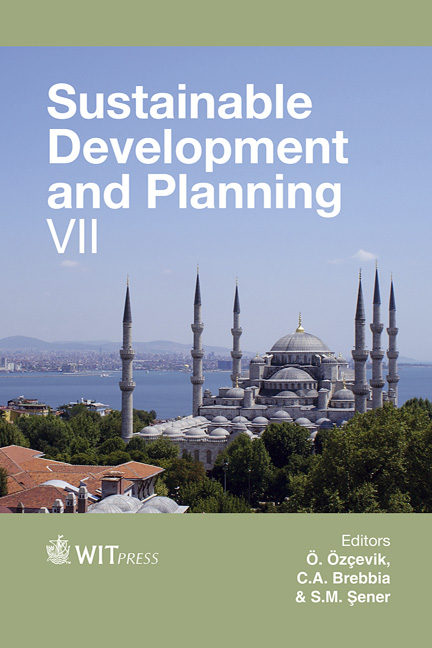Impacts Of The Tarlabaşı Urban Renewal Project: (forced) Eviction, Dispossession And Deepening Poverty
Price
Free (open access)
Transaction
Volume
193
Pages
12
Page Range
45 - 56
Published
2015
Size
408 kb
Paper DOI
10.2495/SDP150041
Copyright
WIT Press
Author(s)
B. Oktem Unsal
Abstract
Focusing on the Tarlabaşı urban renewal project in Istanbul, this paper examines Turkey’s recent implementation of urban regeneration policies for the purpose of restructuring urban land markets. Turkey’s current urban regeneration model is premised on demolishing the whole regeneration area, and rebuilding it, together with local governments and the private sector. The implementation of this model has led to the restructuring of property markets in low-income housing areas, through the regularization/legalization of tenure structures, and revalorization of the areas. It is claimed that this model solves economic and socio-spatial problems, and therefore places Istanbul in the so-called global city hierarchy. However, as the Tarlabaşı urban renewal project demonstrates, the Turkish State’s regeneration model led to evictions, increasing the housing problems of the poor, deepening their poverty, and terminating the survival strategies they had developed over the years through informal economic and social networks. This paper aims to analyse the impacts this model has had, by illuminating socio-spatial aspects of the Tarlabaşı neighbourhood such as labour market dynamics, income levels, and daily life practices.
Keywords
urban renewal, gentrification, eviction, poverty





